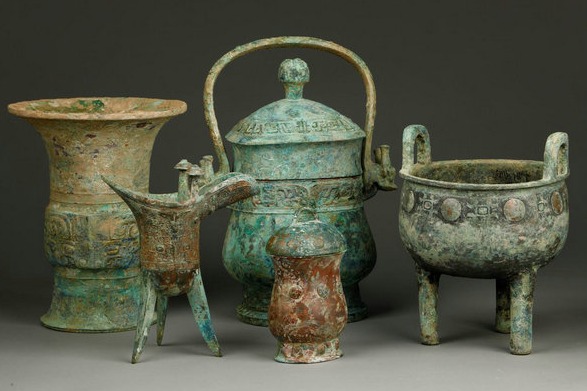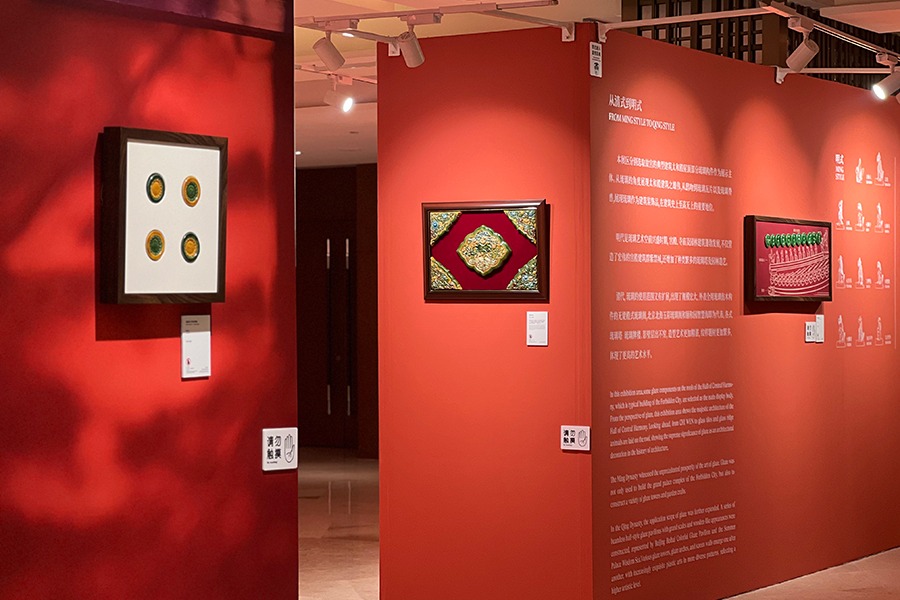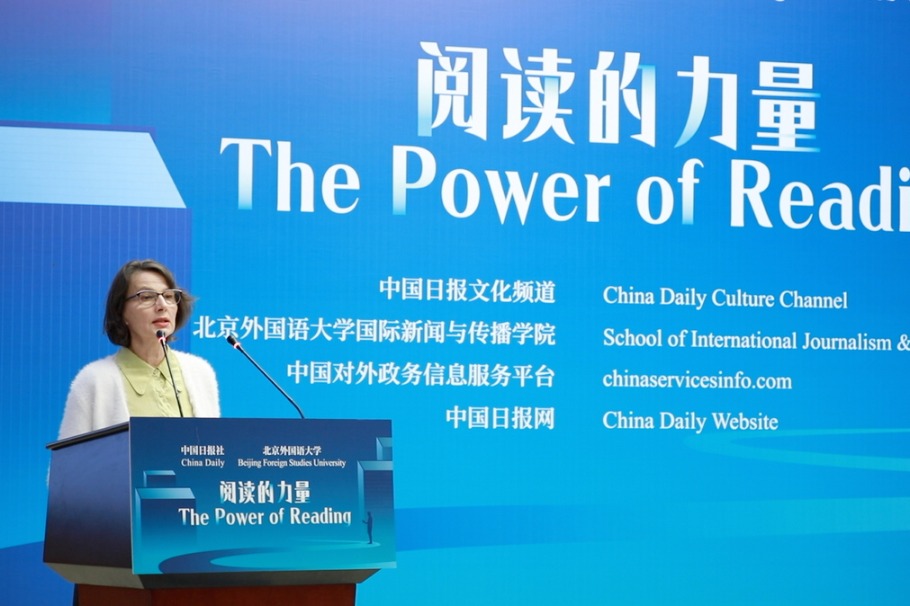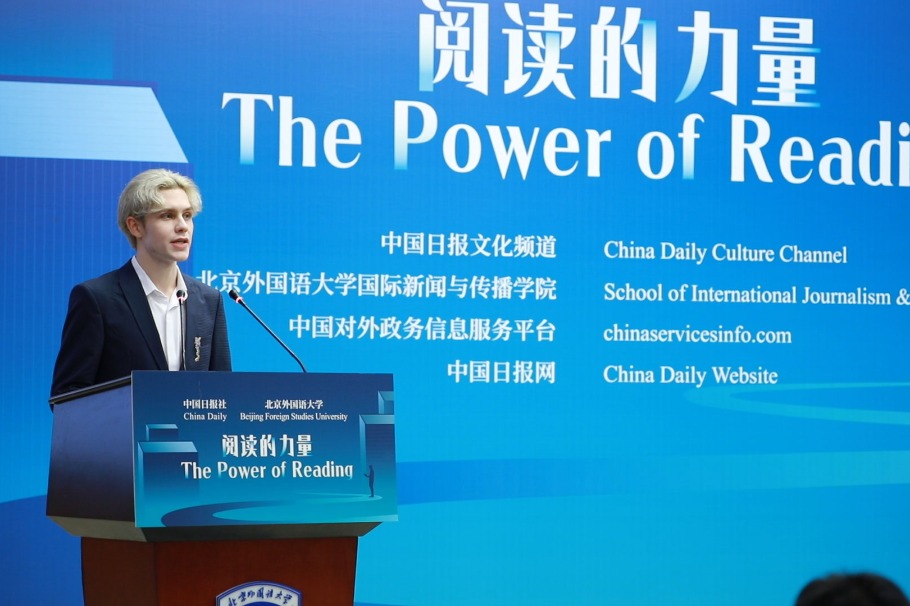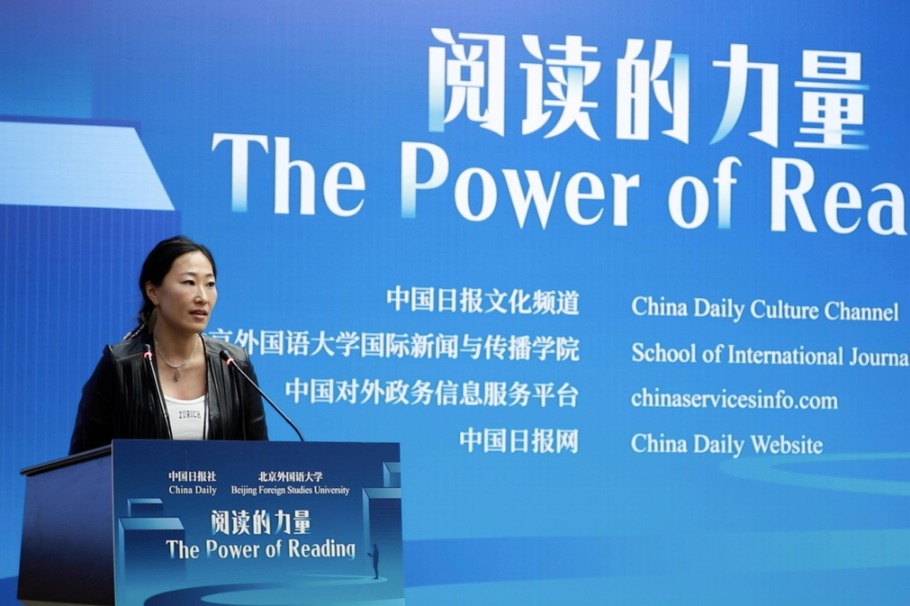Kirill Kravtsov: Literature helps us connect

For Russian student Kirill Kravtsov, known by his Chinese name Lin Zirui, now pursuing a master's at Peking University's School of Journalism and Communication, reading is a vital means of connecting cultures and encouraging mutual understanding.
In his conversations with fellow students and teachers, he often introduces Russian literature, and listens to their interpretations of Chinese works, finding resonance in books from different cultural backgrounds and of varied genres.
"When we bring Chinese and Russian classics to the same table, different perspectives naturally arise. Through such exchanges, we learn to respect differences and continuously enrich ourselves through dialogue," he says.
In his native Russian, he is drawn to the emotional depth of literary giants like Tolstoy and Dostoevsky. Tolstoy's War and Peace revealed to him the preciousness of human connections in times of turmoil, and in Dostoevsky's Crime and Punishment, he understood the complexity of human existence in the inner struggles of morality and redemption.

"It is these reading experiences in my mother tongue that allow me to keep inquiring into human nature, and to find a spiritual resonance with my home culture during my studies abroad," he says.
After coming to China, Chinese literature opened new perspectives for him. He speaks of finding humor and resilience in Lao She's Rickshaw Boy, which says "even the greatest hardship can be slept through," or seeing the vicissitudes of cities and lives in Eileen Chang's works.
"Reading in a foreign language not only strengthens my language skills, but also allows me to reexamine the meaning of fate and life through a Chinese perspective," he adds.


















